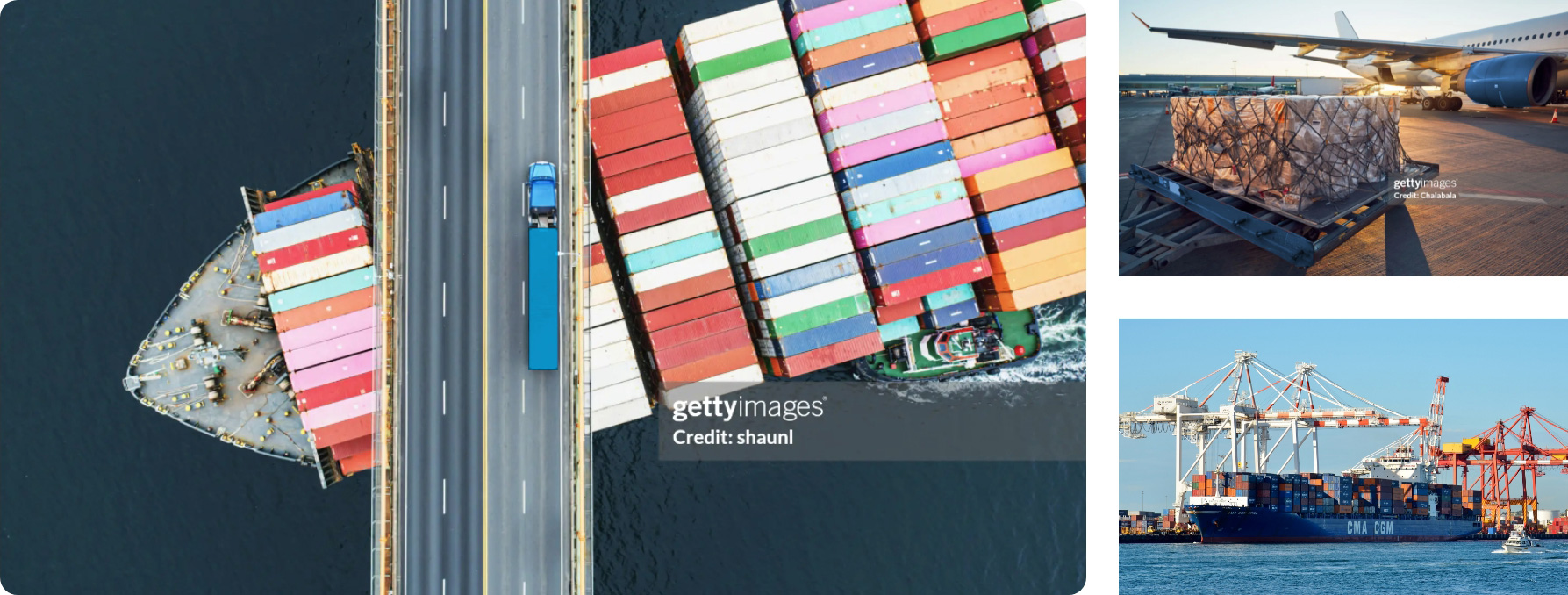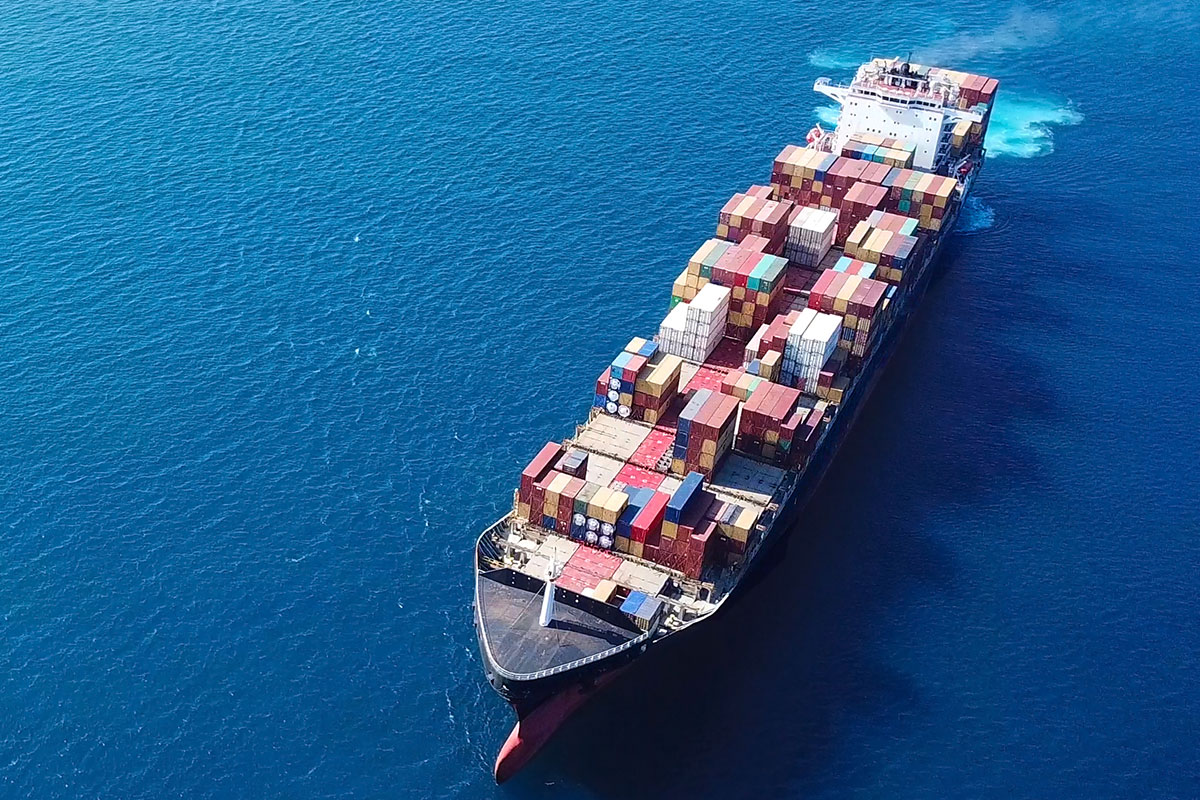
Since forming in early March, the group has been critical in;
- Working collaboratively with government in creating protocol documents and approved templates to ensure essential freight workers were able to cross intrastate and interstate borders including:
- A sector-wide COVID-19 protocol framework for companies and a personal declaration for employees which in turn was recognised as a general industry standard.
- Developed and had approved an ‘Entry Into Designated Biosecurity Area COVID-19 Risk Management Plan’ on behalf of the Freight and Logistics industry to streamline the approval process for individual companies traveling into the biosecurity regions.
- Worked with Department of Primary Industries and Regional Development to create an easy to follow process map outlining the border exemptions process.
- Created an online and PDF Road-house map showing truck stops that remain open throughout the pandemic, incorporating standardised icons of facilities for drivers to use on-the-go.
- Developed transport specific FAQs for Industry and shared these with the COVID Call Centre.
- Provided a 7 day a week road transport industry information and assistance service for interstate and intrastate operators facing specific issues or problems.
- Identifying a shortage of drivers in some industries and a demand in others which led to the creation of the “Driver Exchange Program”.
- Commencing the creation of an industry specific driver COVID-19 hygiene awareness course created for drivers and employees working on the front line delivering essential goods and supplies into the community.
- Developing a Data Hub in partnership with Fremantle Port, which brings together information from across all modes and sectors to provide real time data about trends and impacts on the movement of freight.
- Helping form the food security working group, after swiftly identifying towns and regions experiencing food supply issues.
- Coordinating exporters, freight forwarders and consigners to work together to ensure we get access to the Federal funding, in support of DPIRD’s air freight working group.
- Managing the procurement of PPE for frontline freight workers to ensure their safety and the safety of the wider community.
- Developing a WA Freight, Logistics and Transport Industry COVID-19 Risk Response Plan looking at three priority risk areas, identified as 1) Reduced Workforce Availability 2) Disrupted Access to a Critical Route and 3) Commercial Distress.







